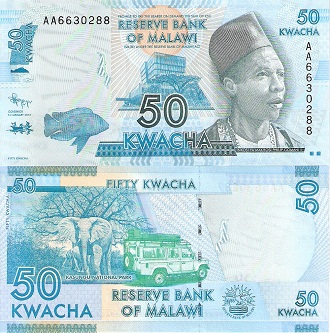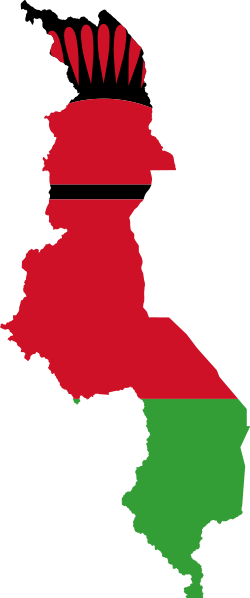Last week’s revelation that government is considered reverting to a fixed exchange rate has attracted a lot of comments in local and international circles, with divided views on how the government should proceed on the matter.
It is very easy to understand why the government would think of reverting to the managed exchange rate when one considers the bashing the administration continues to receive from the electorate following the sharp increase in commodity prices following the devaluation of May 2012 and subsequent depreciation of the currency.
The government has every reason and justification to listen to voters’ concerns on the effects of its policies especially when the country is heading towards a potentially explosive election.
When the administration was taking over from the mantle in April, the country was coming from a background of foreign exchange and fuel shortages that were blamed on a fixed currency by those outside government, including the politicians in the then opposition People’s Party.
On the other hand, the previous administration championed its own propaganda against devaluation, telling the masses that commodity prices would rise beyond reach once the currency is left to move about freely.
But the experiences on the ground did not help the cause of the then incumbent administration. The long fuel, sugar, soft drinks and bread queues made people believe that fixing the currency was not the right thing to do.
It was therefore natural that the public supported the policy shift to devaluation as they were told that would help address the commodity shortages in the country.
Apart from addressing the commodity shortages, Malawians were also told that devaluation would bring back the much needed aid to the country as donors were then reluctant to pump in their resources to support at artificially held currency.
Six months down the line, Malawi remains dry of aid and forex and fuel shortages have started reappearing in some parts of the country.
Worse still, prices of commodities have risen so sharply that life has become unbearable for many citizens in the country. Things are getting worse instead of improving.
The thinking going around now is that, probably, the previous government was right when it denounced devaluation. Indeed the warning that commodity prices would become out of reach if the currency was devaluation has come to pass.
The government is now caught between a rock and a hard place. There are conflicting demands from donors on one hand and the electorate on the other. The balancing act has to be done to make sure that no one side is lost. Losing either of them would be catastrophic.
Our advice is that while the effects of devaluation have indeed been hard on the population and with the worse effects yet to come, devaluation of the currency was the right thing to do. In fact, it was the only thing that was to be done.
Arguments have been raised on whether the timing and planning of the devaluation was correct. We think that that is no longer a necessary debate. The devaluation was done and we just simply have to live with it.
We were terminally ill and the anti-biotic was duly prescribed and administered. Even with hard side effects, we can’t stop taking the medicine mid-way as that will make it difficult for other drugs to work.
What the machinery needs is effective communication to convince the masses that while there would be suffering in the process, the end result would be good for the country.
But the same should also be supported by strict expenditure controls, well demonstrated politically through restrained travels and extravagance by the political elite.
It would be difficult for Malawians to support and appreciate the course if those in power tell us to tighten belts and be patient when they themselves are busy swimming in luxury, even with impunity.
The government cannot succeed with the current reforms if the population is not carried along in the tough and long journey to economic recovery.
If we can sustain the transformation supported by our partners – symbolised through devaluation, Malawi would come out strongly out of the current challenges.




